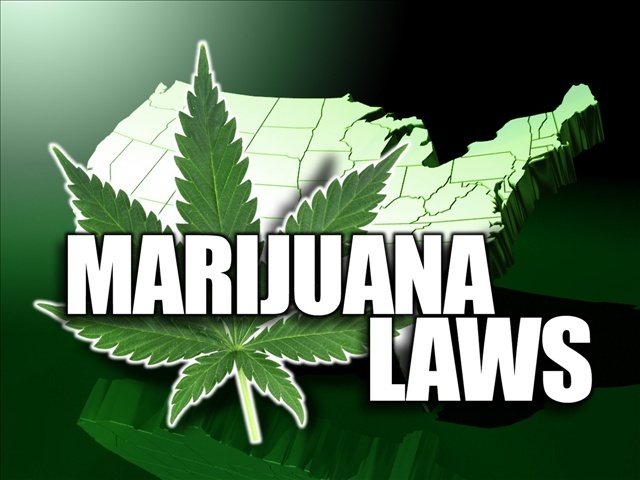State Sen. Steve Dickerson (R-Nashville) and Rep. Jeremy Faison (R-Cosby) today introduced Medical Cannabis Only Act of 2018, legislation that would allow Tennessee patients with specific health conditions access to safe, regulated medical cannabis oil-based manufactured products only.
Dickerson and Faison led the Medical Cannabis Task Force for the Tennessee General Assembly this fall, and the legislation comes as public, bipartisan support for cannabis-based medical treatments is commonplace in Tennessee.
The most recent Vanderbilt University poll shows nearly 80 percent of registered voters in Tennessee at least support doctors having the option to prescribe medical cannabis to patients. Public Chapter 963 became law in 2014 and allows the administration of cannabis oil in clinical studies into intractable seizures.
“Now is the time for the General Assembly to embrace thoughtful, medically responsible legislation to help Tennessee’s sickest residents,” Dickerson said.
Tennessee patients with the certain health conditions would qualify, such as cancer; HIV/AIDS; Hepatitis C; ALS; PTSD; Alzheimer’s Disease; severe arthritis; Inflammatory Bowel Disease, including Chron’s Disease and ulcerative colitis; multiple sclerosis; Parkinson’s Disease; schizophrenia, and those suffering from seizures characteristic of epilepsy, among others.
“Some of our sickest Tennesseans desperately want the freedom to choose what is best for their own health, and they want to be able to make that decision with their doctor,” Faison said. “Now is the time for a safe and healthy alternative to opiates, psychotropics and anti-inflammatories.”
Thirty other states, including Arkansas, Florida and West Virginia, have authorized this type of access, and it is estimated that at least 65,000 Tennesseans would benefit from safe, regulated access to medical cannabis oil-based manufactured products. Currently, there are more than 800 medical cannabis products on the market available to patients in other states but illegal to Tennesseans.
Providing oversight and accountability, the legislation would also create an independent commission composed of doctors, pharmacists, law enforcement officials, educators and patient advocates to regulate and license the industry, including issuing registration cards to qualifying patients.
Funded by license and application fees, the nine-member commission would be appointed by the governor, lieutenant governor and Speaker of the House.

